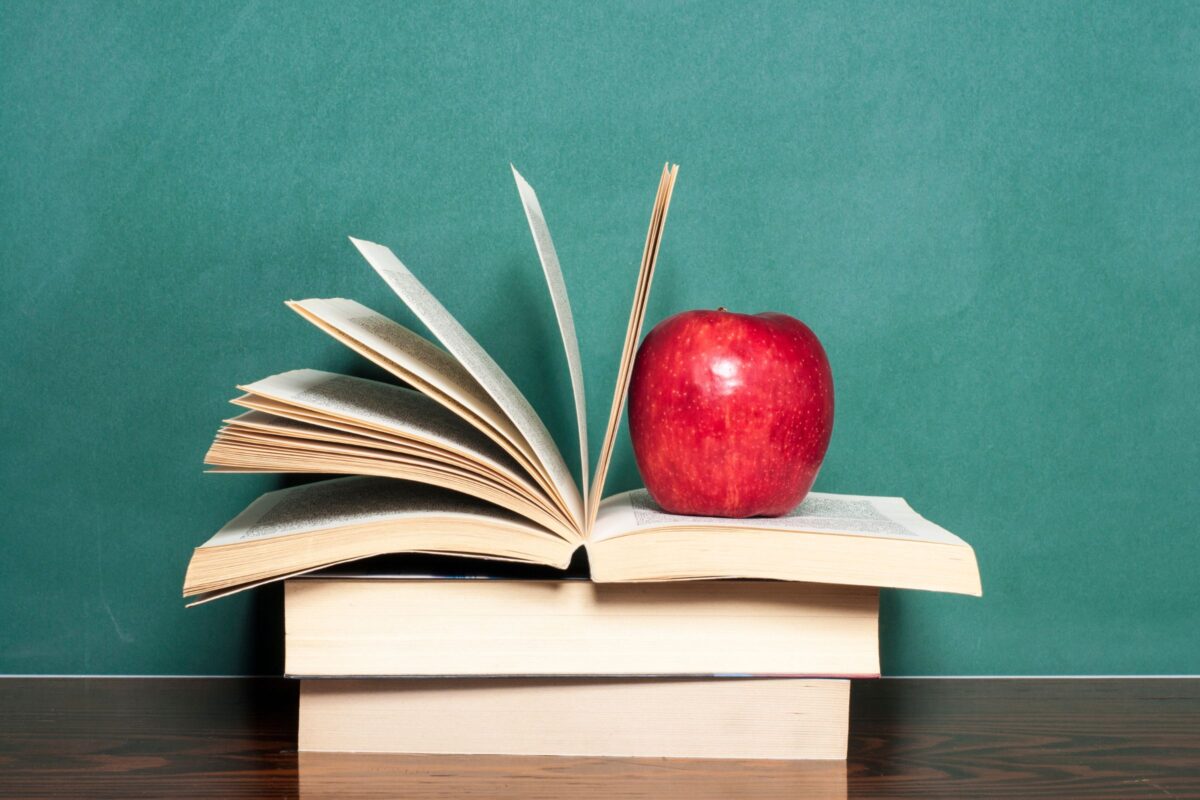At Alpine Montessori, the Montessori Method is implemented in a comprehensive and holistic manner. Our school strives to create a Montessori learning environment that fosters the development of children through child-centered activities, a responsive prepared environment, and individual progress and development.
Child-centered activities are at the core of the Montessori approach at Alpine Montessori School. These activities are designed to encourage self-directed learning and independent problem-solving skills. Students are given the freedom to choose their own activities and work at their own pace, promoting a sense of ownership and autonomy over their education.
Our school also focuses on creating a responsive prepared environment. This environment is carefully tailored to meet the needs and interests of the children. It is filled with developmentally appropriate materials and resources that stimulate exploration and hands-on learning. The curriculum is thoughtfully arranged to encourage collaboration and independent work, with different learning areas and spaces for group activities, individual work, and quiet reflection.
The Montessori Method
The Montessori Method is a child-centered educational approach that emphasizes individualized learning and self-directed activities. It was developed by Dr. Maria Montessori, an Italian physician and educator, in the early 20th century.
The key components of the Montessori Method include child-led activities, mixed-age classrooms, teacher encouragement of independence, various activity stations, teacher mobility, a nontraditional grading system, and a focus on the whole student.
In the Montessori Method, children are given the freedom to choose activities that interest them. They have the opportunity to work at their own pace and explore subjects based on their individual strengths and interests. This child-led approach fosters a love of learning and allows children to develop a sense of independence and responsibility for their education.
Teachers in a Montessori classroom serve as guides, rather than lecturers. They encourage independence and provide support when needed. Instead of assigning grades, teachers observe and assess each child’s progress based on their individual development.
The Montessori Method also emphasizes the education of the whole child, including their physical, emotional, social, and cognitive development. Activity stations are set up throughout the classroom to promote hands-on learning and exploration.
Fostering Unique Talents With the Montessori Method
The Montessori method is a holistic approach to education that focuses on fostering the unique talents and possibilities of each child. By creating an environment that is conducive to exploration and discovery, Montessori allows children to uncover their innate abilities and develop them to their fullest potential.
In a Montessori classroom, every child is treated as a unique individual learner. Unlike traditional education systems that follow a one-size-fits-all approach, Montessori recognizes that each child learns at their own pace and in their own way. Whether it’s through hands-on activities, group work, or independent study, Montessori adapts to the needs of each child, ensuring that they are challenged but not overwhelmed.
Fostering independent thinking is one of the key benefits of Montessori education. By encouraging children to make choices and decisions on their own, Montessori cultivates their ability to think critically and creatively. This independent thinking extends beyond the classroom, empowering children to navigate real-world situations with confidence and adaptability.
Lifelong learning is another fundamental aspect of the Montessori method. By instilling a love for learning from an early age, Montessori equips children with the necessary tools to be lifelong learners. This mindset encourages self-motivation and curiosity, paving the way for continuous personal growth and development.
Educating the Whole Child
In a Montessori classroom, educating the whole child encompasses various aspects of their development, including physical, spiritual, social, mental, and emotional education.
Physical education in a Montessori classroom aims to promote gross and fine motor skills through activities like yoga, outdoor play, and practical life exercises. This allows children to develop their physical abilities and coordination.
Spiritual education in a Montessori environment focuses on nurturing the child’s inner self and their connection with the world around them. This is fostered through meaningful experiences, mindfulness activities, and exploration of nature.
Social education is a vital component in Montessori classrooms, as it encourages children to develop collaboration, communication, and empathy skills. Cooperative play, group exercises, and conflict-resolution activities help children learn how to interact with others effectively.
Mental education is achieved through a carefully designed curriculum that encompasses various subjects such as language, mathematics, art, science, history and culture, and geography. Montessori classrooms utilize hands-on materials and individualized learning to foster a love for learning and develop critical thinking skills.
Emotional education in a Montessori classroom focuses on helping children develop self-awareness, emotional intelligence, and resilience. Teachers create a nurturing and supportive environment where children feel safe to express their feelings and emotions.
In addition to these components, Montessori classrooms also emphasize practical life skills. These skills include activities like pouring, dressing oneself, and tidying up after oneself. These practical life exercises support the child’s independence, self-confidence, and practical abilities.


